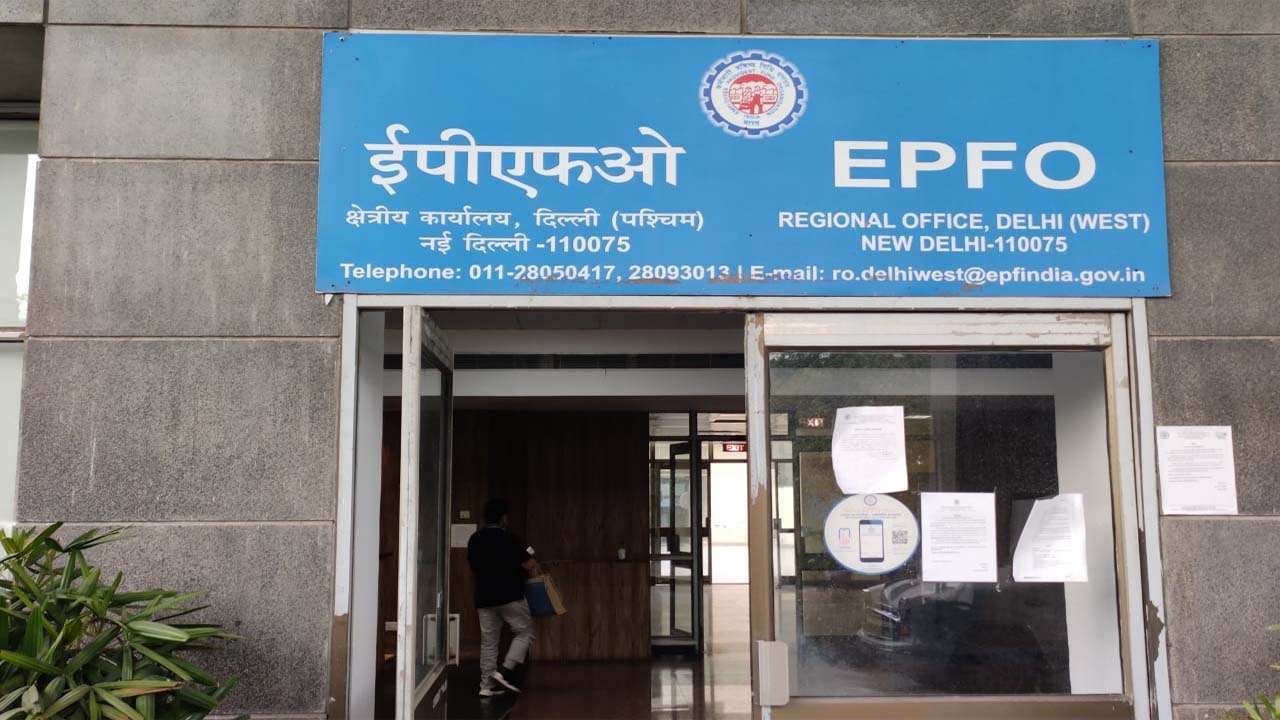
EMPLOYEES’ PROVIDENT FUND-RELATED PROBLEMS & THEIR SOLUTIONS
- As and when we terminate the services of an employee we prefer to give notice pay instead of asking him to continue to work during the notice period. Are we, as an employer, obliged to pay provident fund contributions upon the amount of the notice period?
- The expression ‘emoluments’ which are earned by the employee while on duty, occurring in section 2(b) of the Act represents the amount actually earned by an employee during the period of his employment while he is actually on duty. The payment made in lieu of notice could not in any sense be regarded as expressing ‘emoluments earned while on duty.
- The functioning of our establishment has been heavily and adversely affected by the Covid-19 pandemic and we have not been able to make timely payments of wages to our employees. Under such circumstances, we have not been able to deposit provident fund contributions. Can it be treated as a violation of the Employees Provident Fund Act and the Scheme?
- It is a well-established principle that the initial obligation to pay employees’ provident fund contributions is on the employer irrespective of the fact whether wages are paid or not to the employees. Even in cases of a lock-out, strikes, etc., failure to make contributions resulting in default will have to be visited by damages under section 14B of the Employees’ Provident Funds and Miscellaneous Provisions Act, 1952. However, the authority can consider the mitigation of damages as regard attendant circumstances resulting in delay. 1 Keeping in view the material on record including strike and sit-in dharna, etc., by the workers during the relevant period, the Bombay High Court quashed the order of the EPF authorities in levying damages for late deposit of contributions.
- Due to the financial crisis being faced by our Company, we have not been able to pay wages to the employees and as such, we seek clarification as to whether it is obligatory to deposit EPF contributions in the absence of payment of wages to the employees?
- The contribution which shall be paid by the employer to the fund shall be at the prescribed rate on a basic wage and dearness allowance etc. for the time being payable as per specific provisions contained in section 6 of the EPF & MP Act read with para 29 of the EPF Scheme. Therefore, in the event of non-disbursement of the wage for any reason or delay in payment of wages, contribution payment liability therein will remain unaffected and any delay in its remittance beyond the prescribed date i.e. by the 15th of the following month shall constitute a default.
Credit …… Hiren Chheda
